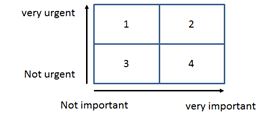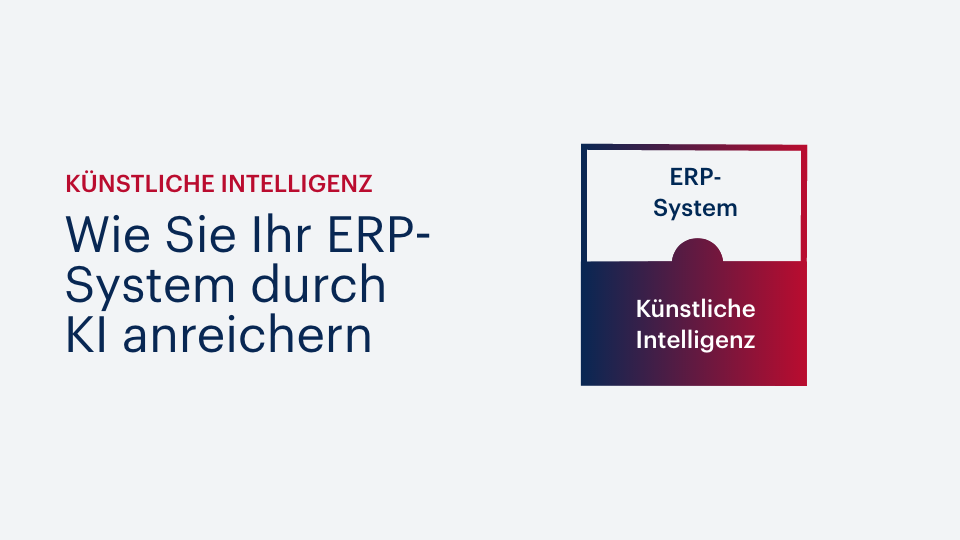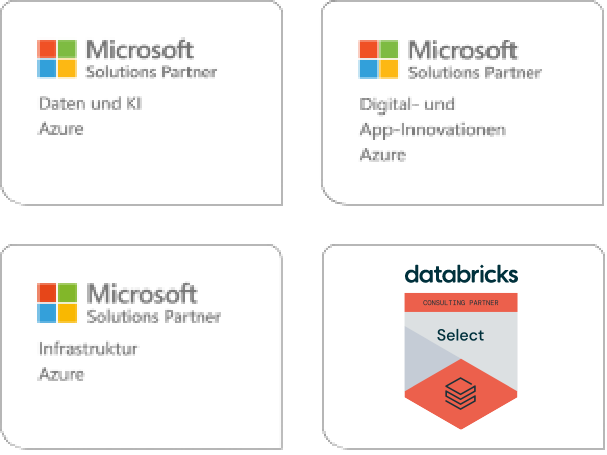When talking about dashboards, scorecards and KPIs sometimes a discussion emerges about the usefulness of all this. One common argument against these management tools is, that they are not flexible enough and that they cannot really cover the most important aspects of business. An important nature of a KPI is, that you can measure it. However, the important aspects of management seem to go far beyond measurable indicators. For example, the invention of a new kind of product or service or extending your business to another country or market. These are strategic decisions, ideas, inventions. How can we put them into KPIs? KPIs seem to be exactly the opposite to these strategic ideas. In fact, a typical thesis about KPIs is
“If your KPIs are green you can go golfing”
Almost every manager I talked to disagrees on that. There is no such thing like a KPI that indicates that there is no need for action. As we are in a competitive market, there is always the need to think about future improvements, new market strategies and plans. And even if somebody is determined to work with KPIs, the next discussion evolves about questions like “do they need to be real-time?”, “do I need them on my mobile device?”.
But let’s start at the beginning. We have to concentrate on the aspects of management before we can decide how these aspects can be supported by measures or KPIs. Looking at your task list, it should be possible to arrange all the tasks on the following board:

While there is common agreement that management should delegate topics in squares 1 and 3 (not important), the role of the other two squares is essential. To make it short, the square which deserves the highest focus by management is square number 4, tasks which are not (yet) urgent but very important. It is this square where you find the invention of new ideas, new products, the development of your staff etc. It is so important because this will ensure your position in the future. If management doesn’t work on these topics, nobody does. However, in daily business it’s square number 2 that often disturbs this creative process.
With a little bit of simplification we can concentrate the work of a manager on those two squares:
Square 2: Operational aspects
Square 4: Strategic development of the operational unit
Looking at those two squares you find tasks that are very different:
| Operational | Strategic |
| Repeating, well defined | New, inventive |
| Urgent, high impact on operational processes | Not urgent, but will become crucial in the future |
| Clearly defined measures | Hard, if not impossible to measure |
Of course, this is a very broad simplification, just to make the point. Strategic decisions lead to tactical tasks which can then be tracked and measured and/or detailed to operational decisions.
KPIs can easily be set up for operational or tactical topics. And for these two aspects it’s also important that they are near-time, always available and support some kind of push alerts. Think of a manager being responsible for a certain step in production. Strategically the manager will think about better ways of doing this production step, maybe methods which use less energy or improve production for a higher quality. But if there is a failure in the machine and production stops because of this, we have an escalation which deserves the full attention of the manager.
Therefore, I would like to modify the statement from above to
“If your operational KPIs are green you can take your time to think about the strategically important aspects of your business”
In this sense, KPIs are very useful to get a quick overview about the operational topics you are responsible for. Such KPIs could cover production output, number of complaints in a call center, quality measures, automatic testing procedures etc. And now imagine you have these KPIs on your mobile device in real (or near) time. So you are informed about operational problems long before any of your managers notice them. This enables you to take counter measures and to provide answers instead of questions. Having such KPIs gives the power to act instead of reacting. And once the KPIs go back to green again you can concentrate on the strategically important aspects of business.
I’m not saying that KPIs don’t make sense for the strategical topics at all. But they are on a more long-term basis. Having them on a mobile device for example doesn’t give much benefit. If they are not urgent you can also monitor them the next time, you are at your desk. With operational KPIs you might not have this time.
So, having access to operational KPIs and alerting is important for management. How can we put these KPIs on scorecards and dashboards? One common mistake is the believe that these KPIs are “static”. Sometimes dashboards are created using reporting tools. People decide which KPIs are important and those are developed into a “dashboard”. Things are even worse, if developers are needed in order to change KPIs. For example, think of a product manager being responsible for a new product.
| Situation | KPIs needed |
| The product needs to be developed in time for the exhibition in fall. Only six months to go… | Development progress of the product Development progress of marketing material |
| Six months later, at the exhibition, there is a lot of interest in the new product. Many people are placing orders | Monitor the delivery time of the product Monitor the production rate of the product |
| Two months later, there is a unusual high rate of complaints. Obviously, there are quality issues. After investigation, the source of those issues is found. | Monitor the complaint rate Monitor the guarantee process plus: Monitor the delivery time of the product Monitor the production rate of the product |
| Again four months later: The quality issues are solved, but sales are decreasing. The reason is that a competitor has developed a similar product at a lower price. Your answer is increase marketing and to reduce the price while working on new features in the product to come up with a more competitive product soon. | Monitor the marginal return of the product Monitor sales rate Monitor development of new features Monitor competition |
I think it’s clear, that a useful dashboard/scorecard has to adapt to the needs of business in a timely manner. While the dashboard of a car is simple and mostly static, a business dashboard is not. If such a dashboard is developed using reporting tools it’s likely that your users will only use it for a few weeks or months. After that, it doesn’t reflect the business needs any more and needs to be adjusted. Even for car dashboards we find more flexibility nowadays. If you’re running out of fuel, the car’s gps gives you advice on nearby gas stations. When approaching your destination, the car informs you about parking facilities. So even the static dashboard of a car becomes more and more dynamic and case sensitive. Why should a less flexible dashboard work for business?
Conclusion
KPIs, Scorecards and Dashboards based on operational measures are adding a true benefit to the work of a manager. If a KPI turns red, immediate action is necessary. Even if the situation is already under control, the manager needs to be informed and potentially needs to inform others. Therefore, these KPIs have to be real time / near time and have to be available everywhere (mobile devices). And having these KPIs in status “green” does not mean, the manager has nothing to do, but that the manager has time to concentrate on the most important aspects of work: The strategic development of the operational unit and it’s staff members. But it’s important that these KPIs are flexible – as flexible as business is. Therefore reporting tools are not a good idea of building dashboards unless the set of KPIs can easily be adjusted using self-service tools. A more promising approach is the use of Visual-BI tools, that allow end users to easily adopt dashboards and visualizations without the delays resulting from round trips to IT and development.







Kommentare (0)